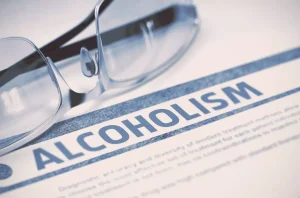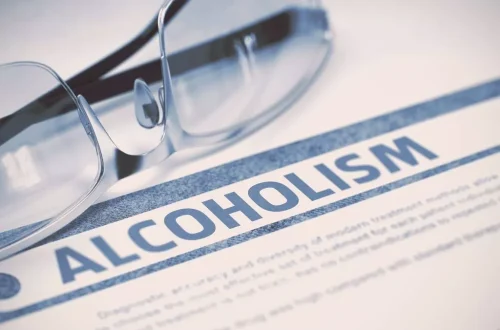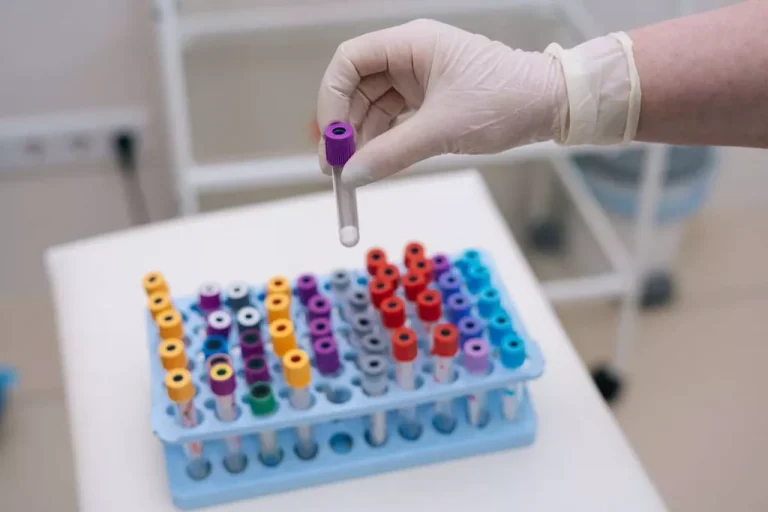
Parents might learn different routines and rules that can help their child adapt to different situations. Often, having a stable and supportive home can help children with FAS avoid developing mental and emotional difficulties as they get older. Fetal alcohol syndrome isn’t curable, and the symptoms will impact your child throughout life. However, early treatment of some symptoms can lessen the severity and improve your child’s development. Later in life, babies with FASDs may be more likely to display vision, hearing, learning, behavioral and social problems. They’re also more likely to suffer from mental disorders including attention deficit hyperactivity disorder (ADHD), depression, sleep disorders and anxiety, and they’re more likely to end up with a drug or alcohol problem of their own.

BIRTH OUTCOMES

If you’re currently pregnant and drinking alcohol, stop immediately to try to lower the risk of FAS. They note, on their web sites, that pregnant women who drink alcohol risk giving birth to a child with a fetal alcohol spectrum disorder (FASD). These conditions range from mild to severe and include speech and language delays, learning disabilities, abnormal facial features, small head size, and many other problems. Our results suggest that punitive policies that use coercion to compel behavioral change among pregnant women may not be effective in decreasing alcohol consumption among pregnant women. This is concerning as state-level policy environments are becoming increasingly punitive; with the number of states that define prenatal alcohol use as “child abuse/neglect” increasing by 40% in recent years5.

Prenatal Alcohol Exposure…
- An increased awareness among the general public and health care providers combined with effective universal prevention strategies and improved guidelines for the detection, prevention, and management of FASD, are important measures in addressing this ongoing concern.
- For a long time, it was thought that exposure to alcohol during the preimplantation phase, when the fertilized oocyte goes from a single-cell to an embryo of a hundred or so cells, had no effect on the unborn baby, provided the embryo succeeded in implanting in the uterus.
- Like the CDC in the United States, the NHS in the United Kingdom says that if you’re pregnant or planning to become pregnant, avoid alcohol.
- FASD is a range of conditions in the child caused by the mother drinking alcohol during pregnancy.
However, they should not worry unnecessarily, as the risks of their baby being affected are likely to be low. Most women give up alcohol once they know they’re pregnant or when they’re planning to become pregnant. Using the information that is available, the Centers for Disease Control (CDC) and other scientists estimate less than 2 cases of FASD in every 1,000 live births in the United States. When researchers look at the whole spectrum of disorders (FASD), the frequency may be as high as 1 to 5 out of every 100 kids in the U.S. and Western Europe. There is no specific medication approved for the treatment of FASD but there are different types of medications that can alleviate FASD symptoms including stimulants, antidepressants, neuroleptics, and anxiolytics.
- A screening test based on this molecular memory of exposure, found in the placenta, would ensure appropriate medical follow-up from an early age, he added.
- There are no exact statistics of how many people have fetal alcohol spectrum disorder (FASD).
- In both years, approximately 14-15% of pregnant women reported consuming alcohol and 6% reported binge drinking.
Fetal alcohol syndrome
Some women give up alcohol easily during pregnancy — especially if they develop an aversion to the taste and smell of booze. The following are answers to common questions about alcohol and pregnancy. Additionally, children with FAS may often have alcohol during pregnancy trouble mixing socially in school or similar settings. The CDC explains that during pregnancy, alcohol in the blood passes to the fetus through the umbilical cord, crossing the placenta. Other leading experts, such as the American College of Obstetricians and Gynecologists, also recommend avoiding alcohol completely during pregnancy. In November 2015, the American Academy of Pediatrics (AAP) published a report that focused on recognizing, diagnosing, and treating FASD.

If you have a problem with alcohol, don’t be ashamed to ask for help. Addiction is a disease, and most people can’t manage it on their own. Your doctor can refer you to a therapist or program that may be able to help. The sooner you get help, the better life will be for you and your baby.
- While we’ve long known that heavy alcohol consumption during pregnancy can cause these problems, the effects of an occasional glass of wine is less understood.
- Options for pregnant women include behavioral treatments and mutual-support groups.
- In male embryos, the regulation of growth-related genes was more affected, corroborating data showing that males are more vulnerable to growth retardation after preimplantation exposure to alcohol.
- Using the information that is available, the Centers for Disease Control (CDC) and other scientists estimate less than 2 cases of FASD in every 1,000 live births in the United States.
- However, higher alcohol levels can interfere with the letdown reflex that ejects milk and may cause the child to have sleep issues.
- Although preconception alcohol cessation is preferred, this recommendation is unavailable to at least 30% to 50% of women whom pregnancies are unplanned.10 Pregnancy is a unique time when women are motivated to adopt healthy behaviors that may potentially benefit their child.
The risk of miscarriage and stillbirth also goes up if the mother drinks alcohol. While this would seem to suggest that low-level alcohol consumption is safe during pregnancy, there are other factors to consider. First, while the study included 1,600 women, that’s still a relatively small sample size. Second, children’s brains are still developing at age 5, and the full effects that alcohol may have had on them may not yet be measurable. After delivery, you should continue to pay attention to when you drink alcohol if you’re breastfeeding your baby. Talk to your child’s healthcare provider about the best practices for alcohol use during breastfeeding, but the general rule is to wait at least two hours after having one drink before nursing your baby or pumping your milk.
- This can result in a reduction of primary FASD disabilities as well as secondary disabilities often related to FASD in the absence of diagnosis.
- We found no evidence to support the effectiveness of punitive policies targeting alcohol consumption among pregnant women.
- Many people don’t know they’re pregnant for the first few weeks of pregnancy (four to six weeks).
- Your practitioner’s goal should always be to ensure you have the healthiest pregnancy possible.
- This approach could ultimately victimize rather than address the underlying issues.
